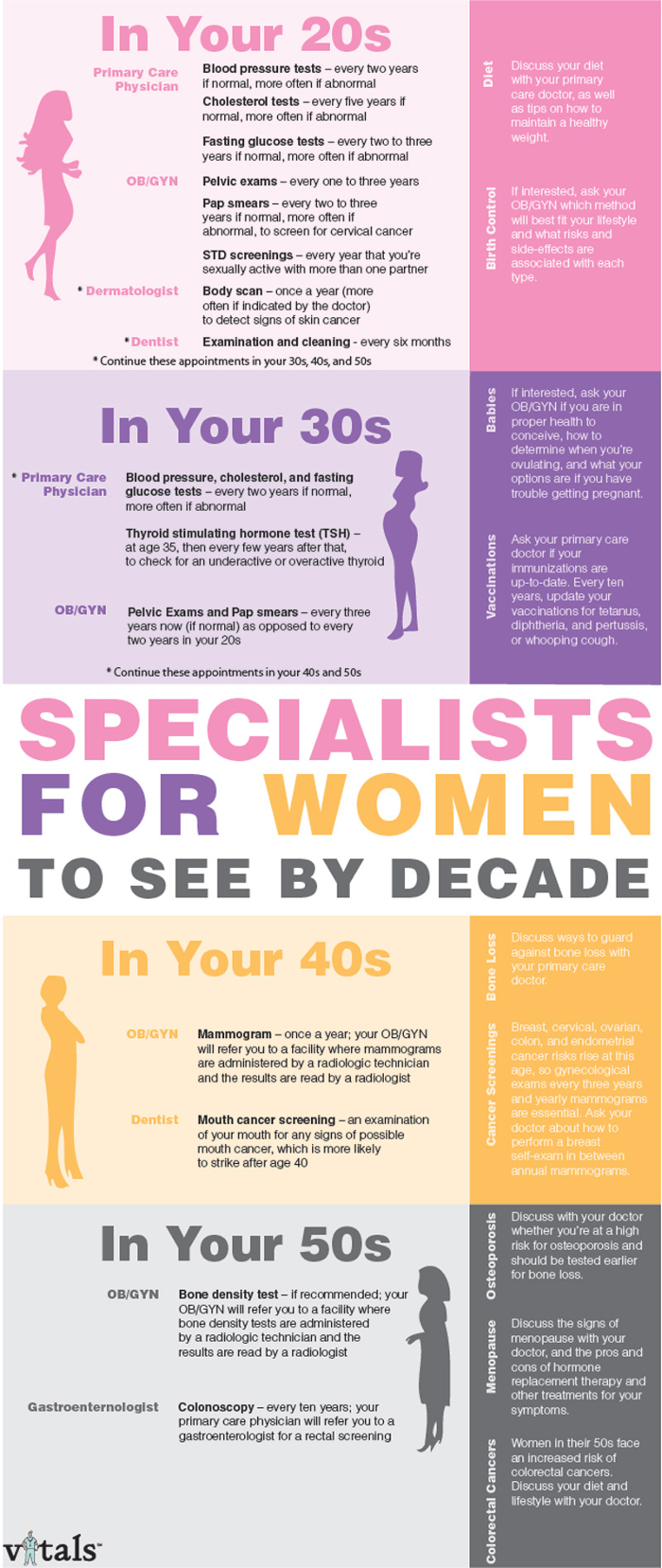Periomenopause and menopause do sound similar, as far as terms go. Both of these terms do concern the “change,” in women as they age. However, these two different terms used to describe two different time periods and phases as they relate to a woman growing older. Here, we will look at both periomenopause, as well as menopause, and let you know what each one is. We will also let you know more about menopause treatments that may help you after you make the life change.
The 3 Differences Between Perimenopause and Menopause
1. Periomenopause
Periomenopause is the transitional stage of menopause. This condition starts a few years before a woman will experience complete menopause. During this time, estrogen in the body dips lower than normal, and begins to slowly decline over time, with the decline speeding up as the woman grows nearer to menopause itself. Most women will, at this point, experience many of the classic symptoms that are associated with menopause. These may include things like breast tenderness, sporadic periods, hot flashes, a dryer vagina, and other symptoms. Please be aware that even during this stage of life a woman could still possibly get pregnant.
2. Menopause
Menopause normally happens when a woman 40-60 years old. This is when a woman can no longer reproduce. Women who have experienced menopause no longer have periods. They can also not get pregnant. Although this might sound extreme, it happens to all women, eventually. Menopause only occurs after the very final menstrual cycle that a woman ever has has completely ended. This is not a condition, nor is it something that is ongoing. Instead, it is defined as the date when a woman reaches the very end of her last menstrual cycle, as mentioned above. Women can do nothing to change this change.
3. Possible Help
Although it is impossible to complete prevent menopause, during periomenopause your doctor may be able to prescribe you medication to help ease the transition into menopause. Typically, this consists of low dose birth control, which can help to better balance the hormones in the body. By balancing the hormone levels in the body, women may find that many of their symptoms lessen or may even disappear entirely. This may help women to be able to resume normal activities. However, even though their symptoms are gone, these women are still experiencing periomenopause. And they will, eventually, just like everyone else, reach the state of menopause.
